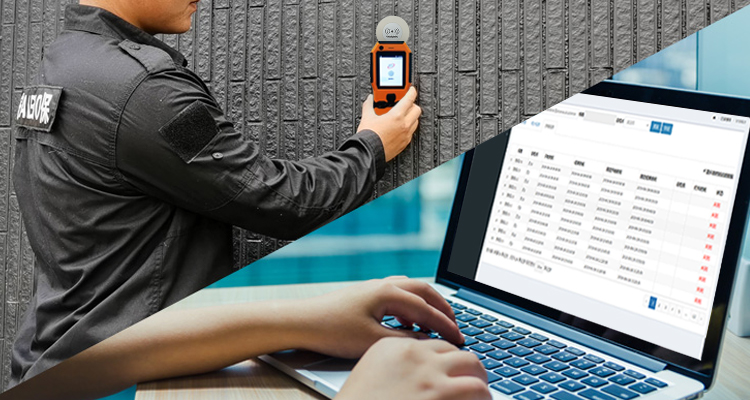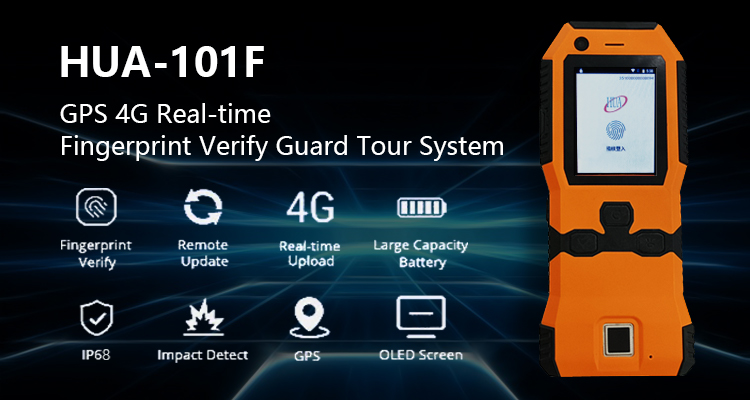

Electronic access control systems offer unparalleled advantages in managing access to premises. Unlike traditional security, these systems rely on advanced technologies such as biometrics, RFID, and mobile authentication to control access. One of the main advantages is consistency. Electronic systems operate 24/7 without interruption, fatigue, or lapses in judgment, ensuring vigilance at all times. They can also handle a large number of access points and users, making them ideal for large facilities such as corporate campuses, hospitals, and industrial parks.
In addition, electronic access control systems are cost-effective in the long run. Once installed, they reduce recurring expenses such as wages, benefits, and training associated with human security guards. However, as powerful as electronic systems are, they need more situational awareness and adaptability of traditional security personnel to complex or unpredictable situations.
Despite their many benefits, electronic access control systems have some limitations that prevent them from fully replacing traditional security systems. One key limitation is the inability to interpret context or react to dynamic situations. For example, electronic systems can prevent unauthorized access but cannot assess suspicious behaviour or de-escalate conflicts. Security personnel play an irreplaceable role in scenarios that require human judgment, such as identifying fraudulent credentials or handling emergencies. Electronic systems also rely heavily on power and network connectivity. In the event of a power outage, cyberattack, or technical failure, these systems may fail, leaving facilities vulnerable. Understanding these limitations is critical for industries considering a switch from traditional security systems to electronic access control systems.

Rather than fully replacing traditional security systems, electronic access control systems work best as a complementary solution. Together, they form a layered security framework that maximizes efficiency and effectiveness. Electronic systems handle repetitive tasks, such as verifying credentials and granting access, allowing security personnel to focus on more important tasks, such as patrolling, monitoring CCTV footage, and responding to incidents. This division of labour improves overall security while reducing personnel workload. For example, in a high-security facility, an electronic access control system can manage access to restricted areas while guards monitor real-time alerts and investigate potential violations. By combining electronic systems with traditional security personnel, companies can achieve a level of protection that both solutions can provide with help.
Electronic access control systems significantly improve security by providing capabilities that traditional access control cannot match. Advanced technologies such as biometric authentication, facial recognition, and AI-driven analytics add precision and reliability to access control.
These systems keep detailed logs of entry and exit activities, enabling a comprehensive audit trail. This type of data is invaluable for investigating security breaches, ensuring compliance, and identifying patterns of abuse. In contrast, security personnel may not consistently obtain this level of detail. Integration with other systems further enhances security infrastructure. For example, if someone attempts unauthorized entry, an electronic access control system can trigger an alarm, prompting security personnel to take immediate action.

One of the most important considerations when evaluating electronic access control systems and security guards is cost. While the upfront investment in electronic systems can be high, they often bring significant savings over time through reduced labor costs. Traditional security guards, on the other hand, require ongoing expenses, including wages, benefits, uniforms, and training. For small businesses or those with limited budgets, electronic systems may be more cost-effective.
However, this decision is not purely financial. The nature of the facility, the level of security required, and the potential risks all influence the choice. Facilities that require a lot of manpower, such as retail stores prone to theft or public places where large crowds gather, may find that security guards can provide better value.
Electronic access control systems bring many advantages to modern security, such as automation, precision, and cost savings. However, their limitations in situational awareness, judgment, and interpersonal interaction prevent them from completely replacing traditional security guards. The most effective security strategy is to combine the two solutions, combining the reliability of electronic systems with the versatility of human guards.